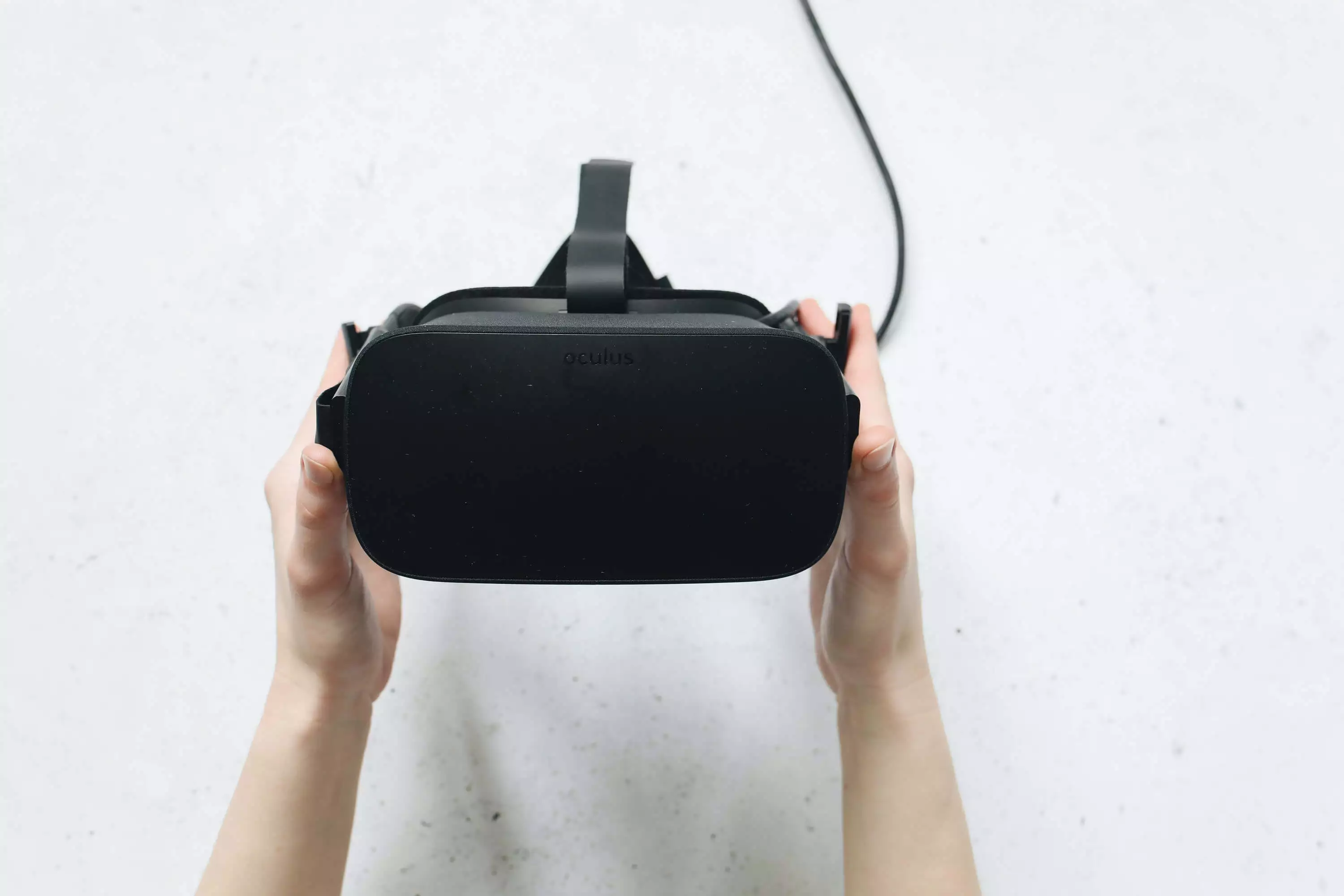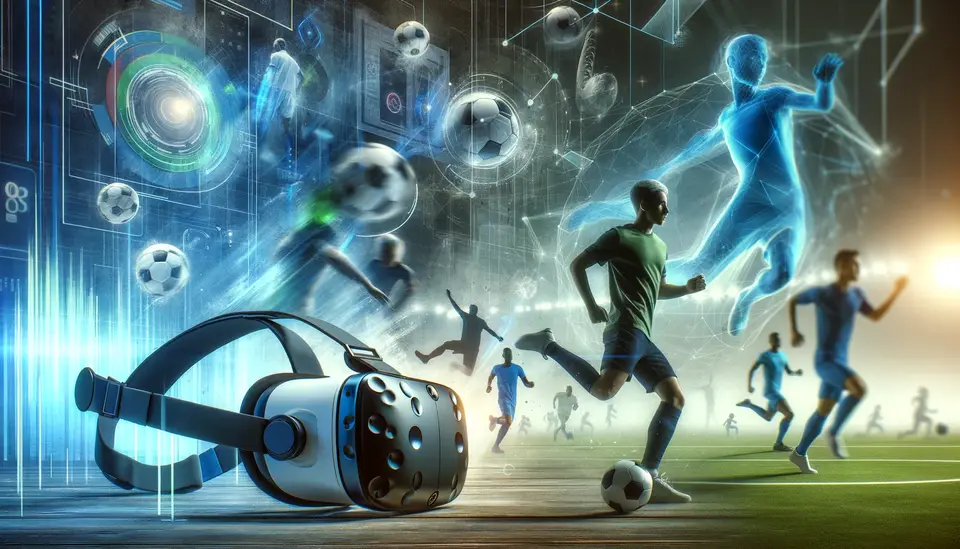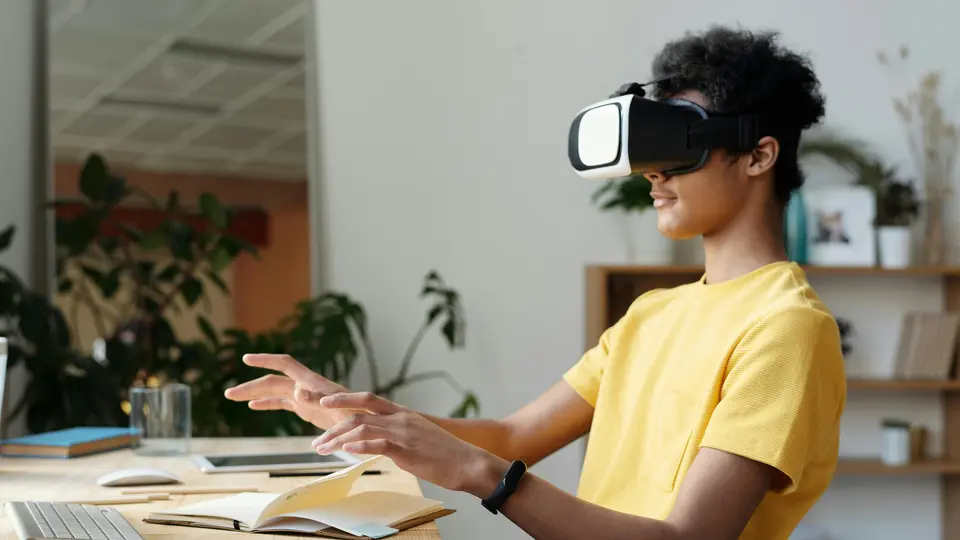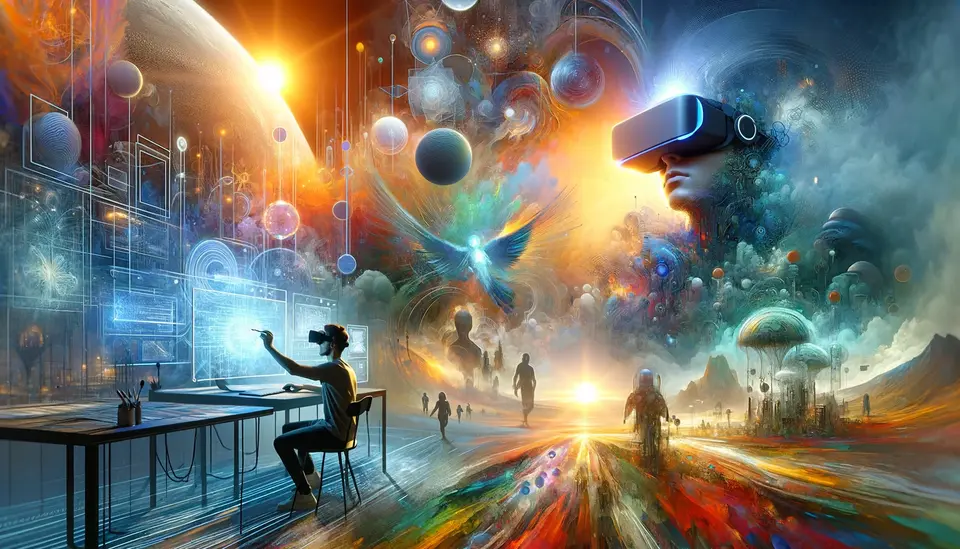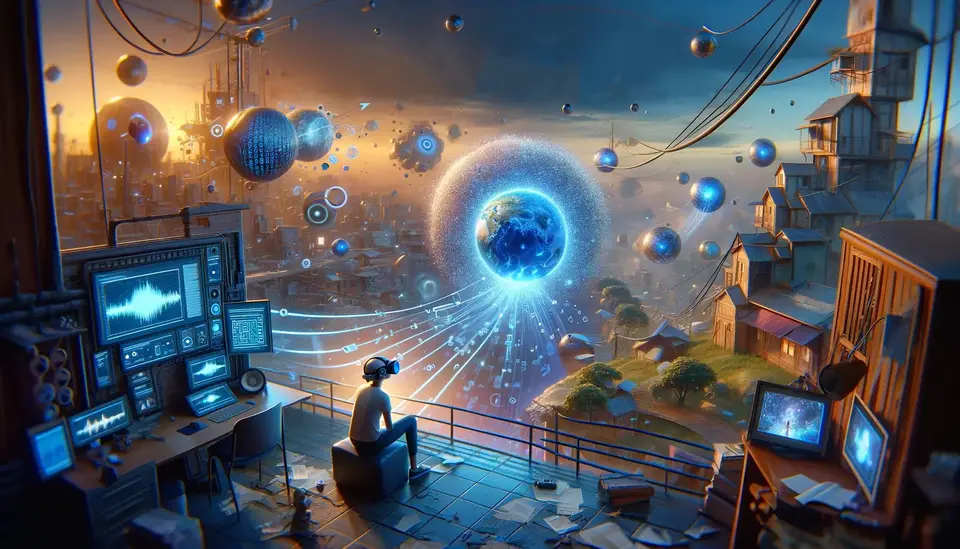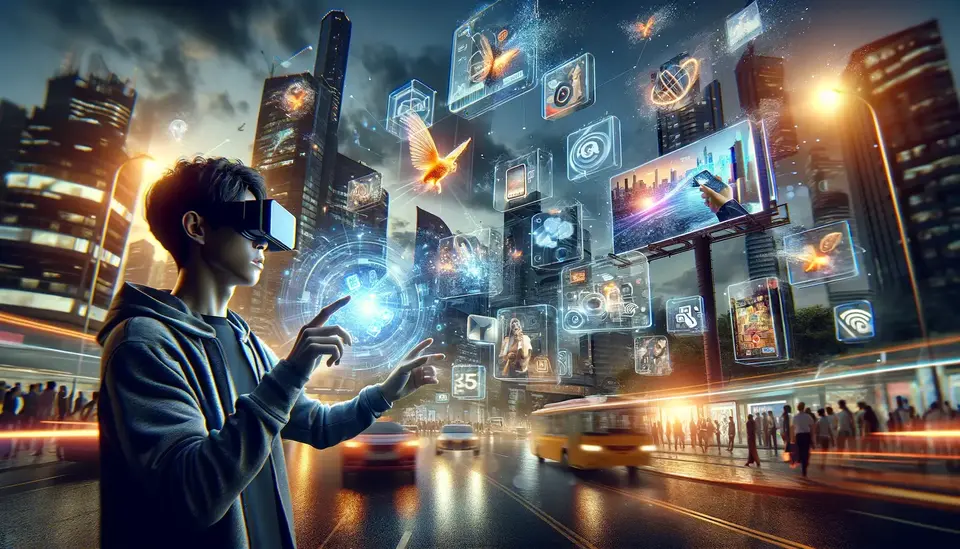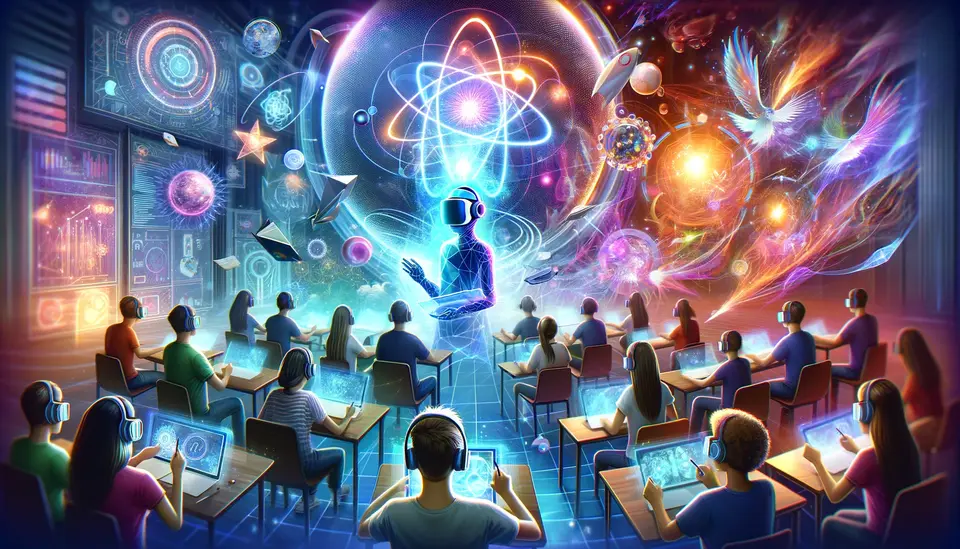Why the Virtual Reality (VR) is important?
Posted on March 17, 2023 5 minutes 918 words
Table of contents
- Remote Collaboration and Virtual Workspaces
- Immersive Entertainment and Gaming Experiences
- Education and Training
- Mental Health and Therapy
- Enhancing Storytelling and Media Consumption
- Physical Rehabilitation and Recovery
- Art and Creative Expression
- Tourism and Cultural Preservation
- Architectural Design and Urban Planning
- Social Interaction and Virtual Communities
- Environmental Awareness and Conservation
- Empathy and Social Awareness
- Conclusion
Virtual reality (VR) has been capturing imaginations for decades, but it wasn’t until recent years that the technology began to make significant strides. As VR headsets and platforms become increasingly accessible, the implications of this immersive technology are spreading across industries, changing the way we live, work, and interact. In this blog post, we’ll explore the importance of VR and how it’s revolutionizing various sectors of our society.
Remote Collaboration and Virtual Workspaces
As remote work becomes increasingly common, VR is playing a critical role in facilitating collaboration and creating virtual workspaces. Traditional video conferencing can be limiting, but VR offers a sense of presence and shared space that enables more effective communication. Companies like Spatial and MeetinVR are leading the way, helping businesses and organizations stay connected in immersive virtual environments.
Immersive Entertainment and Gaming Experiences
The entertainment and gaming industries were among the first to embrace VR, and for a good reason. Virtual reality allows users to step into fully realized virtual worlds, taking gaming experiences to new heights. Titles like Beat Saber, Half-Life: Alyx, and The Elder Scrolls V: Skyrim VR have captured the attention of gamers worldwide, while experiences like Tilt Brush and Google Earth VR demonstrate the potential for exploration and creativity in virtual spaces.
Education and Training
VR is also making waves in the world of education and professional training. The ability to create realistic simulations enables students and professionals to practice their skills in safe, controlled environments. For example, medical students can perform virtual surgeries to hone their techniques, while pilots can practice their skills in flight simulators. These immersive training experiences help to reduce risks and improve performance across various fields.
Mental Health and Therapy
The potential of VR to positively impact mental health is gaining traction among therapists and researchers. VR can be used for exposure therapy, allowing patients to confront and gradually overcome fears and phobias in controlled settings. Additionally, virtual environments can provide stress reduction and mindfulness practices, enhancing mental health and well-being for users.
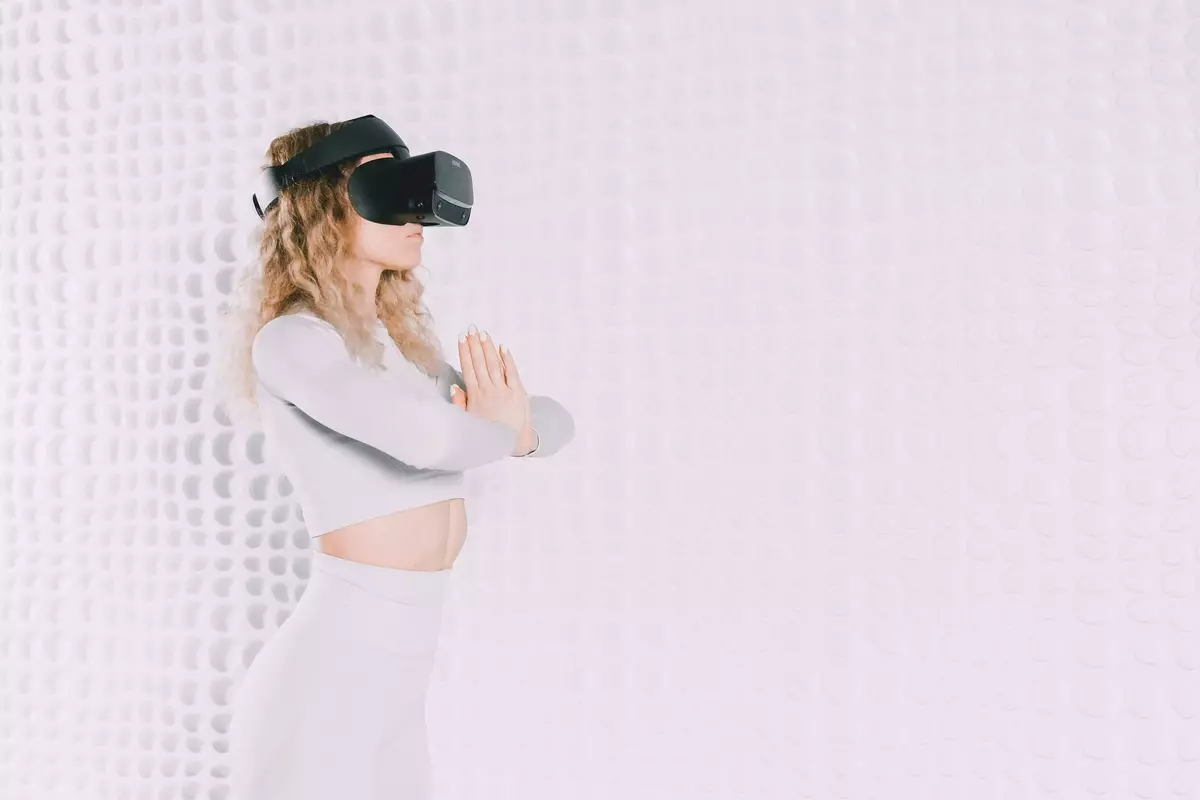
Enhancing Storytelling and Media Consumption
The immersive nature of VR has introduced a new dimension to storytelling and media consumption. Through virtual reality experiences, users can engage with stories on a deeper, more visceral level. Groundbreaking VR films and documentaries, like “Dear Angelica” and “Clouds Over Sidra,” demonstrate the power of VR to create compelling narratives that evoke strong emotions and forge lasting connections with audiences.
Physical Rehabilitation and Recovery
Virtual reality is also making a mark on the field of physical rehabilitation and recovery. By creating customized and engaging exercises for patients recovering from injuries or surgeries, VR helps make the rehabilitation process more enjoyable and effective. Successful programs like MindMaze and VirtualRehab showcase the potential benefits of VR for patients and therapists alike.
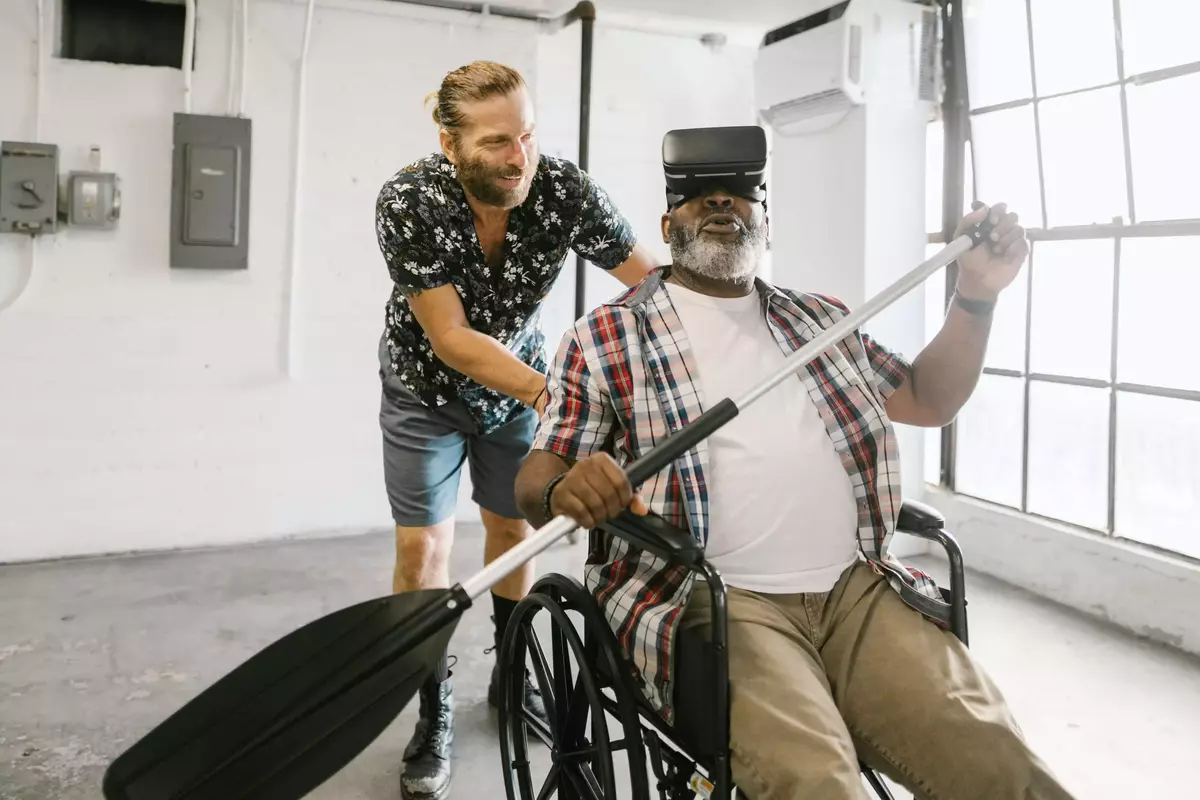
Art and Creative Expression
VR is also changing the landscape of art and creative expression. Artists can now create immersive experiences and explore new mediums that were previously inaccessible. For example, VR-based art installations like the Museum of Other Realities and performances like the VR concert “Wave” demonstrate how the technology can push the boundaries of creative expression.
Tourism and Cultural Preservation
The tourism industry and cultural preservation efforts are also benefiting from the capabilities of VR technology. Virtual tours of historical sites, museums, and other cultural landmarks are making these locations accessible to a wider audience. Projects like Google’s “Arts & Culture” initiative and CyArk’s digital preservation of heritage sites demonstrate the power of VR to preserve and share our world’s cultural treasures.
Architectural Design and Urban Planning
In the realms of architectural design and urban planning, VR is proving to be an invaluable tool. Architects and planners can now visualize projects, test designs, and communicate ideas more effectively using VR technology. Innovative projects like the “Hyperloop Virtual Reality Experience” and “Virtual Singapore” offer glimpses into the future of our built environments and the role of VR in shaping them.
Social Interaction and Virtual Communities
VR has the potential to foster social connections and build virtual communities. By breaking down geographical barriers, VR enables people to connect on a deeper level and form lasting bonds. Platforms like VRChat, AltspaceVR, and Rec Room have established thriving virtual communities, demonstrating the power of VR to bring people together.
Environmental Awareness and Conservation
Virtual reality has the potential to raise environmental awareness and promote conservation efforts. By simulating the impacts of climate change and other environmental issues, VR experiences can help users understand the urgency of addressing these problems. For example, the “Immersive Forest” project and “The Great Barrier Reef: An Interactive Journey” use VR to encourage environmental stewardship and inspire conservation action.
Empathy and Social Awareness
Lastly, virtual reality has the potential to foster empathy and social awareness. By creating immersive experiences that allow users to walk in the shoes of others, VR can promote understanding and empathy. Experiences like “1000 Cut Journey,” which explores racial bias, and “The Empathy Machine,” focused on the global refugee crisis, demonstrate how VR can address social issues and encourage users to engage in positive change.
Conclusion
As we’ve seen, virtual reality is transforming various aspects of our lives, from entertainment and education to art and social interaction. The importance of VR cannot be overstated, as it offers us new ways to learn, work, and connect in an increasingly digital world. Now is the time to embrace the possibilities of VR technology and explore the immersive experiences it has to offer.

